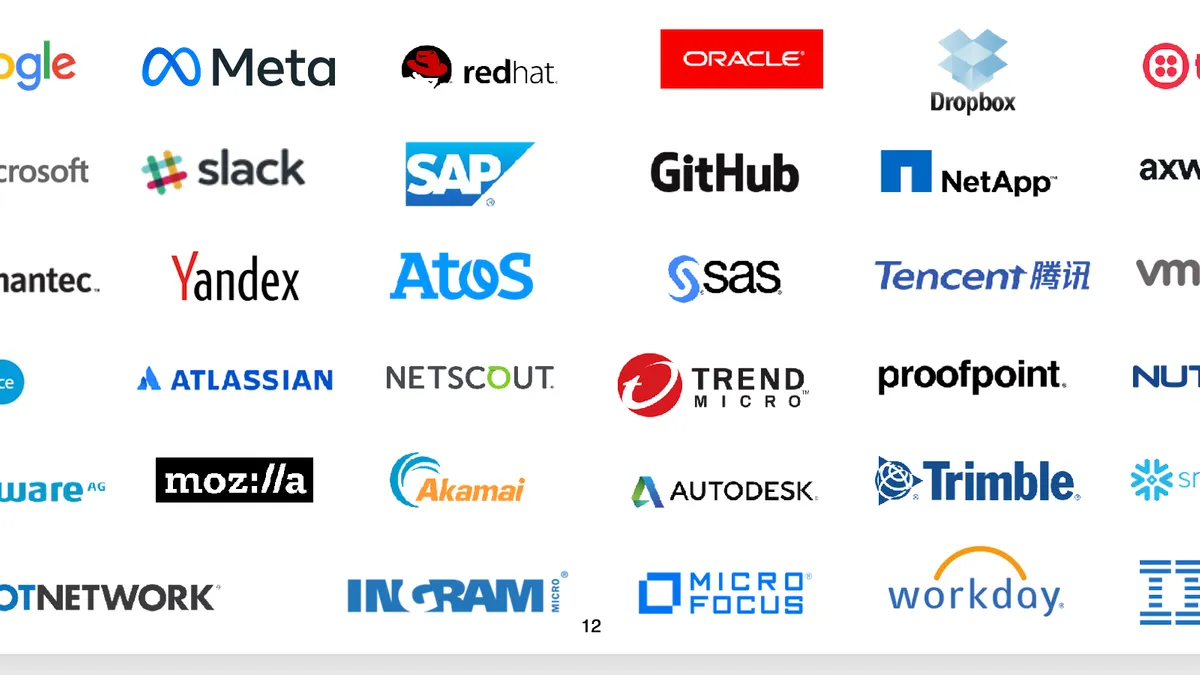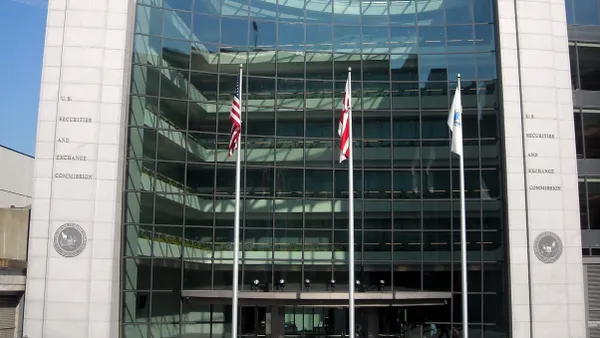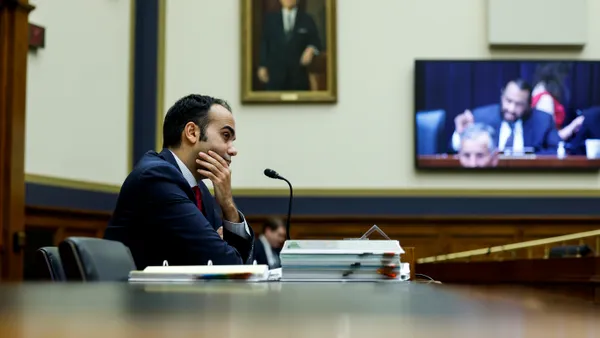The rapidly changing economic environment in recent years has spurred a wide array of companies to put their patents on the open market for sale.
This in turn has resulted in more patent assertion entities (PAEs), which are often called patent trolls, purchasing the patents and filing lawsuits alleging infringement of them. In 2021 alone, PAEs asserted 1,375 patents in more than 2,400 cases worldwide.
However, a nonprofit called LOT Network is helping companies and their general counsel take proactive steps to fight back via conditional licenses.
And CEO Ken Seddon says the network’s rapid growth, fueled by businesses large and small, is enhancing the impact of LOT’s efforts to curtail litigation filed by patent assertion entities.
Herd immunity
LOT Network launched in 2014 as an effort by the high-tech industry to take responsibility for the very patent troll problem it was exacerbating, according to Seddon.
What he means is that so-called operating companies, which provide customers with goods or services, often sell their assets to PAEs. These entities, which don’t produce their own products, then sue operating companies alleging patent infringement.
For example, PAEs were responsible for 87% of the high-tech patent litigation in the U.S. in 2019, according to a Unified Patents report. Meanwhile, the cost of taking a high-value patent case through trial can cost millions of dollars in legal fees alone.
LOT Network seeks to address these issues by having its members agree to grant one another a nonexclusive, conditional license if any of their patent assets are ever sold or transferred to a PAE. The free licenses prevent members from being sued by those PAEs for the life of the patents.
“All of these companies have now said, ‘If any of our patents for whatever reason in the future ever fall into the hands of a PAE, we the herd agree that those patents can't be used to harm the herd,” Seddon says.
Seddon emphasizes that companies who join LOT still retain the traditional uses of their patents, as the conditional licenses are issued for only the assets that end up with a patent assertion entity.
Growing patent collection
Seddon says LOT Network keeps gaining greater traction in the business community, resulting in the size of its proverbial herd growing.
The network added more than 700 new members last year, and it now has upwards of 2,250 members spread across 54 countries. Overall, LOT has roughly 3.5 million patents within its network.
“Operating companies have realized patent assertion entities are the number one source of risk, and companies are looking for ways to mitigate that risk,” says Seddon, who has previous experience handling IP matters at Apple, Intel and ARM, among other companies.
LOT’s members include IBM, Canon, Microsoft and Bosch, which the network says are the second through fifth largest patent holders in the world, respectively.
Google, Cisco, JPMorgan Chase, Ford and Dropbox are members as well.
“LOT Network membership provides us with a low-cost way to prevent unwanted PAE litigation, and is a valuable resource on IP-related strategies,” Gideon Myles, Head of IP at Dropbox, said in a statement. “We’re proud to be a part of a community that works to make technology ecosystems safer."
Free access
As a result of its faster than expected growth, LOT network has raised the revenue threshold under which companies can join for free.
Companies earning $25 million or less in revenue are offered free membership to LOT, and the network’s annual membership fees are capped at $20,000.
“The largest high-tech companies of the world are basically offering free patent troll vaccines to companies across the globe,” Seddon says.
Seddon also highlights that no matter a company’s size, they receive the same level of patent protection from LOT.
“You could be IBM, or you could be a mom and pop startup that has no patents,” he says. “They both signed the exact same agreement. They're making the exact same commitment that applies to any and all of their patents.”
Proactive risk management
Seddon says what typically happens when a company gets sued by a patent assertion entity is that the CEO, CFO and CTO assume the legal department has screwed up in some fashion. While that is not usually the case given the high frequency in which patent lawsuits are filed, Seddon says detailed explanations from GCs don’t always satisfy other executives.
But a general counsel explaining to C-suite leaders that a company has joined LOT as a proactive risk management step can impress colleagues.
“Usually, general counsel tend to be seen as reactionary; they're the firefighter,” Seddon says. “Now, the general counsel can come to the board meeting and say, ‘I have joined this organization of like-minded companies that is addressing the number one source of patent risk to our company. I'm protecting shareholder value. I am reducing costs.’”
The legal leader at one of LOT’s newest members, Casa Systems, highlighted the risk management benefits as a driver of the company’s decision to join.
“We recognize that an ounce of prevention in these cases is worth millions of dollars,” Casa Systems General Counsel Timothy Rodenberger said in a press release.
He and Dropbox’s head of IP said company resources are best directed elsewhere.
The holdouts
Meanwhile, Seddon says his efforts to grow the network are very active, noting that there are still tens of thousands of companies that are not LOT members.
He shares the analogy of a dinner party at a restaurant featuring several couples to drive his point home of why other businesses should join and protect themselves against patent assertion entities.
“Whoever is the last couple to leave the table is going to be the one that gets stuck with the bill,” Seddon says. “And what you're seeing now is all these other people have joined LOT saying, ‘I'm not going to be the one that gets stuck with the bill.’”











